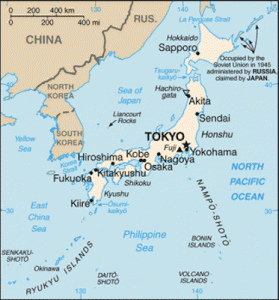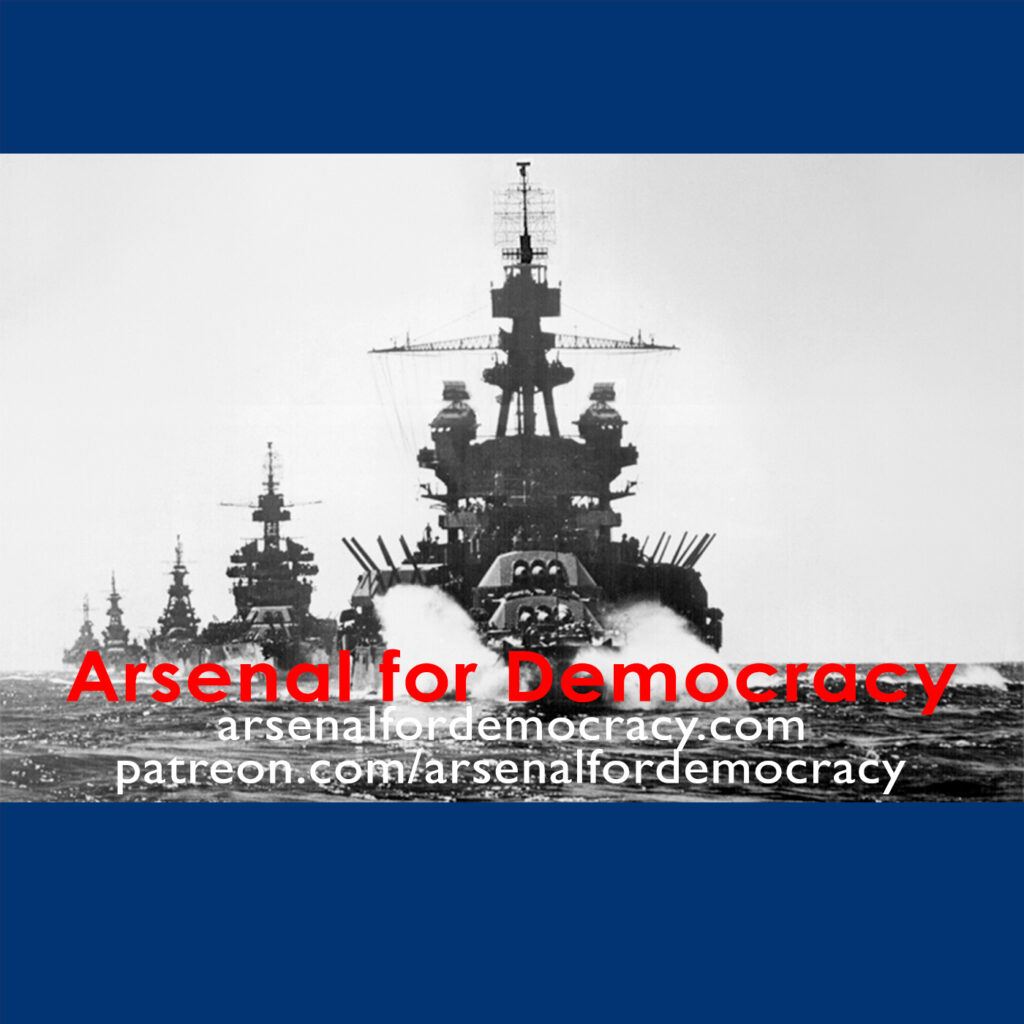I’m still not sure what or who brought it up in the first place, but, having apparently solved all other pressing policy matters in the state, Virginia’s elected officials have in recent years begun debating whether or not public school textbooks in the state should refer to the body of water between Japan and the Korean Peninsula as the “Sea of Japan” or the “East Sea” or both.
Below is the CIA World Factbook map of the area, which represents the official label of the United States government and military:

The South Korean government believes the name “Sea of Japan” is an offensive remnant of Japanese imperialism, including the period in which they brutally occupied the Korean peninsula (thus holding the territory on both sides of the sea). They want people to call it “East Sea” (their northern counterparts say “East Sea of Korea” but no one listens to them), though they are willing to compromise and call it both.
And for some reason, a lot of state officials in Virginia seem quite persuaded that this South Korean view is the right position. This is happening, despite, as far as I can tell, it having nothing to do with anything, from Virginia’s standpoint.
So Virginia would be going against the view of the U.S. government (rather inexplicably) and against the recently renewed directives of the International Hydrographic Organization, the official international body that decides what to name bodies of water — though, to be fair, the latter was originally set when Korea was occupied and could not challenge it.
Not only have their been multiple bills proposed on the issue over the past few years, but after a single-issue pressure group was formed in early 2013, the candidates for governor last year had to address the issue on the campaign trail. Here’s an example of the coverage this got in Korean media:
“The body of water known, alternately, as the East Sea or the Sea of Japan, should be properly labeled with both names,” McAuliffe told reporters after a meeting with the Voice of Korean Americans (VoKA). VoKA was launched in January to promote the use of “the East Sea.”
[…]
McAuliffe’s Republican rival, Ken Cuccinelli, also sent a letter to the VoKA last month.
“I give my full support to the use of the dual name of the East Sea/Sea of Japan in Virginia’s school test books,” said the attorney general of the state. “I understand the concerns of our Korean American community and the importance of this issue.”
Yes, that’s right, both candidates took the time to endorse a position (the same one, even!) in this issue, which has no substantive impact on anything in Virginia.
With McAuliffe now in office — though it would not, I guess, have made any difference on this particular issue — the very-non-Korean legislators are forging ahead on their proposed law for using both names in the textbooks. This in turn has brought upset Japanese government lobbyists down from Washington D.C. to Richmond to advocate against the change (without much success so far).
Here’s a legislative update from South Korean-based Arirang TV:
To my mind, Virginia’s obsession with this “issue” defies virtually every “law” of American political science.
It doesn’t affect voters, there’s probably not a lot to be gained from it, and it wouldn’t seem like something either voters or legislators would care about — yet somehow they keep bringing it up in session and on the campaign trail.
Where will it end? Is it just a weirdly minute way to stick it to the United States government and assert Tenth Amendment rights? Interestingly, the naval base in Virginia would, of course, still be using the U.S. military’s labeling, even as schoolchildren learned a different labeling.
In any case, I don’t really have an opinion on this issue one way or the other. I just find the fixation in Virginia a bit intriguing and odd.




